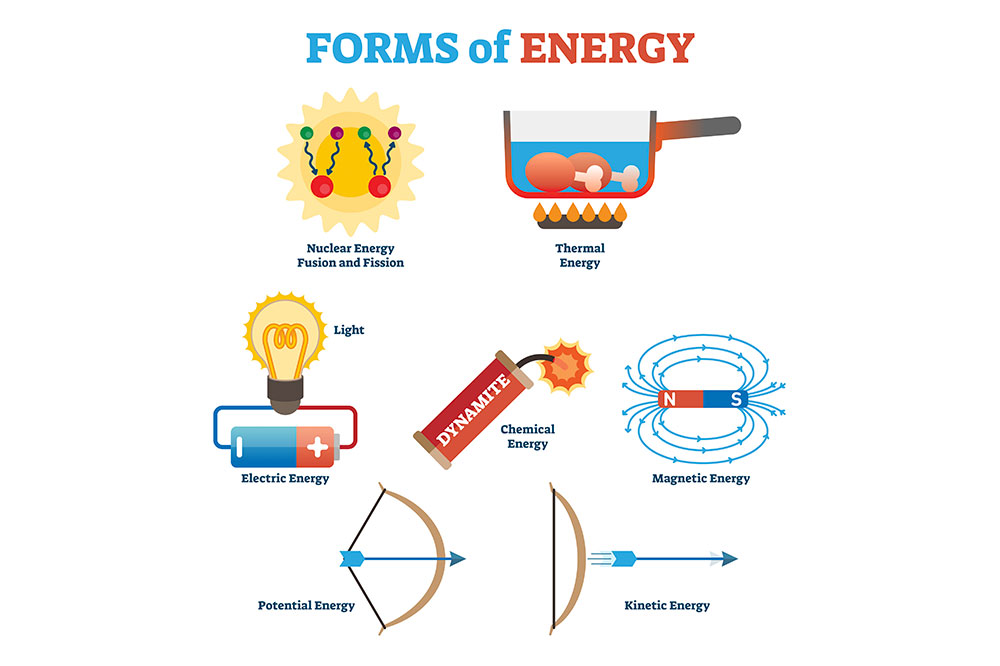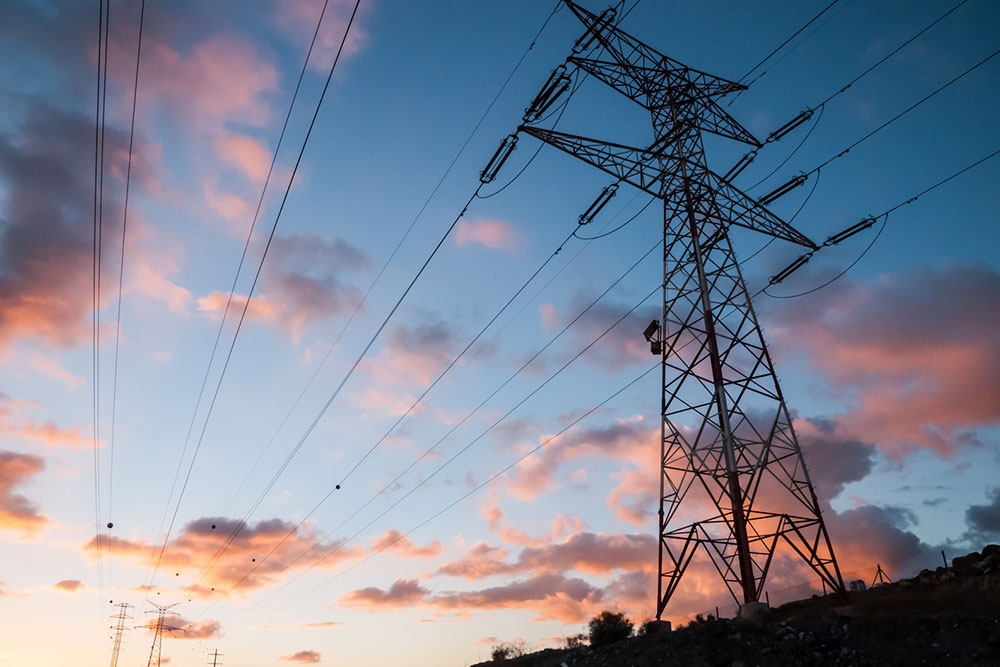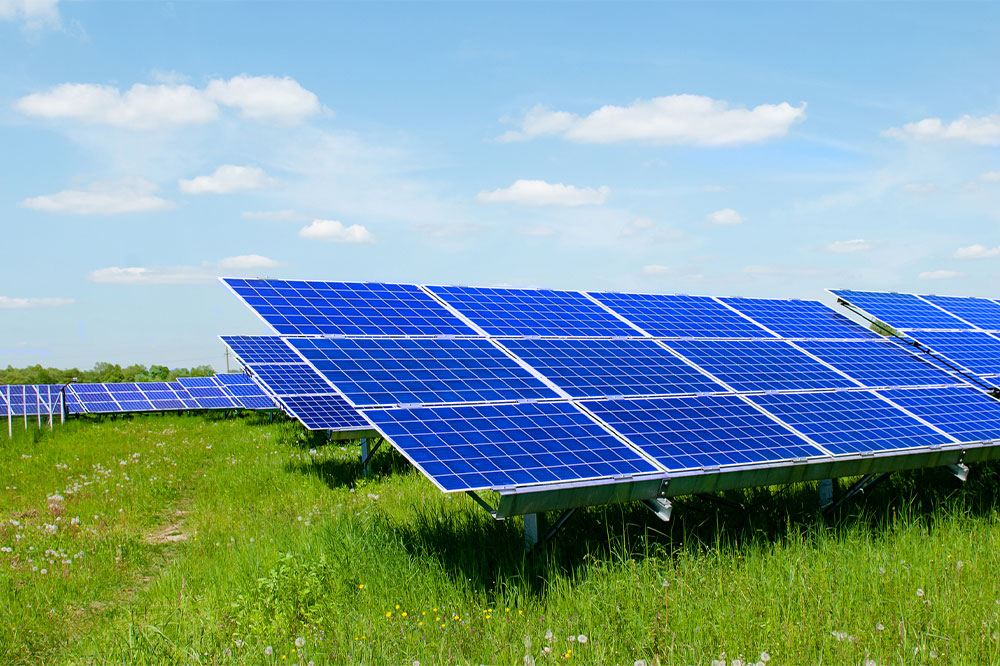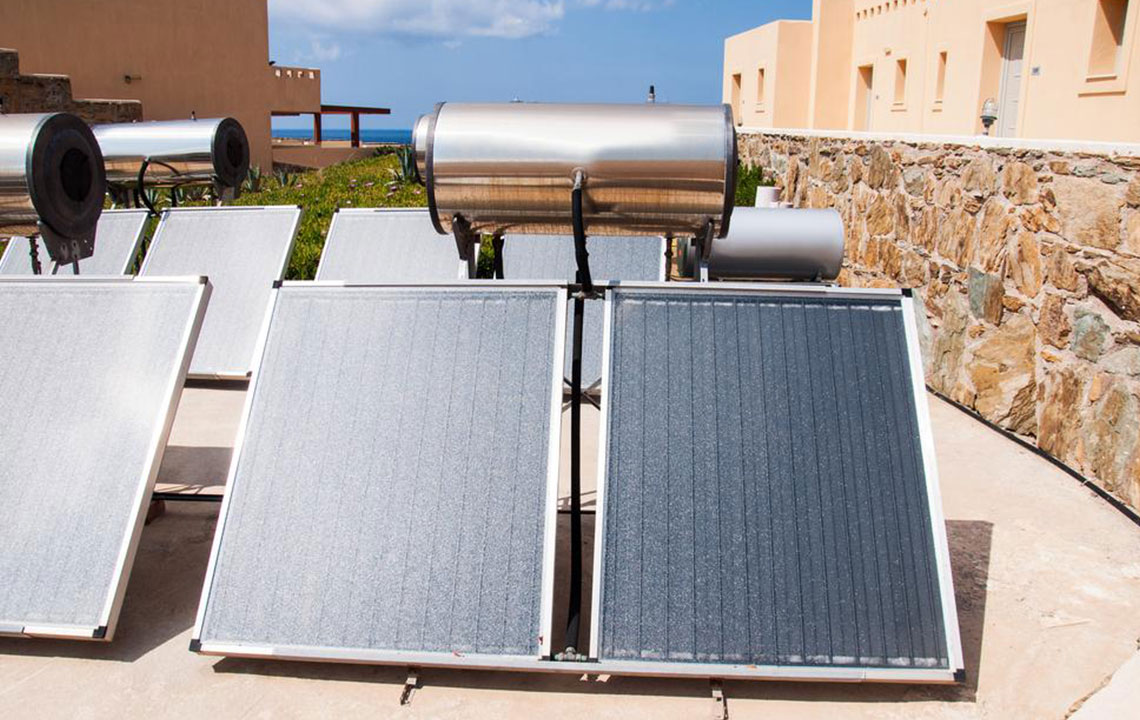Natural Gas vs Other Energy Sources: A Comparative Overview
This article provides a comprehensive comparison of natural gas with other energy sources like oil and electricity, highlighting affordability, environmental impact, and efficiency. It offers practical tips on reducing energy costs through smart choices and maintenance, emphasizing natural gas's role as a reliable, cleaner fuel for residential use amidst fluctuating market prices. The content is suitable for consumers seeking affordable and eco-friendly energy solutions, with insights on installation, billing, and savings tactics to optimize energy consumption and reduce expenses.

The global demand for energy continues to rise rapidly due to ongoing economic growth and population increase. With natural resources being finite, selecting cost-effective energy options is crucial. Fuels such as oil, natural gas, biofuels, and gasoline vary significantly in terms of efficiency, affordability, and environmental impact. As energy consumption grows, prices fluctuate based on resource availability and market demands. Natural gas stands out as a popular choice due to its abundance and stable pricing, offering a cleaner alternative to traditional fossil fuels.
Compared to oil, natural gas remains affordable for homeowners, with prices less prone to volatility owing to its availability. Environmentally, it emits fewer carbon emissions than oil, though hydraulic fracturing poses ecological concerns. Despite a shift towards renewables like solar and thermal energy, natural gas remains a preferred, reliable energy source, often costing less depending on market conditions.
Natural gas is considered one of the cleanest, safest, and most dependable fuels available, making it a cost-effective option for various energy needs. Access to an extensive supply network ensures consistent availability.
When comparing electricity and natural gas, the latter generally requires a network connection and is more economical and environmentally friendly, producing approximately 45% less CO2 than coal. While electricity is universally accessible, it is often more expensive and generates higher emissions. Natural gas can provide long-term savings, but initial installation costs, such as piping, may vary depending on the home infrastructure.
Energy costs depend on factors like installation, gas volume, and market rates. For bottled gas, larger quantities reduce unit costs. Managing bills effectively involves routine meter readings, switching off unused appliances, opting for online payments, and avoiding prepayment meters. Some providers offer discounts and dual-fuel options, while energy-efficient appliances further decrease expenses.
Practical tips to save energy include regular monitoring, using energy-efficient devices, and choosing flexible payment plans. These strategies help consumers reduce environmental impact and achieve financial savings.










